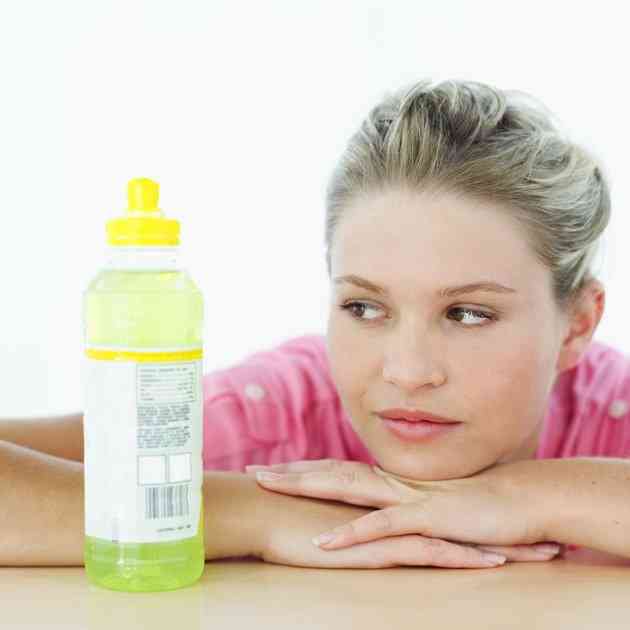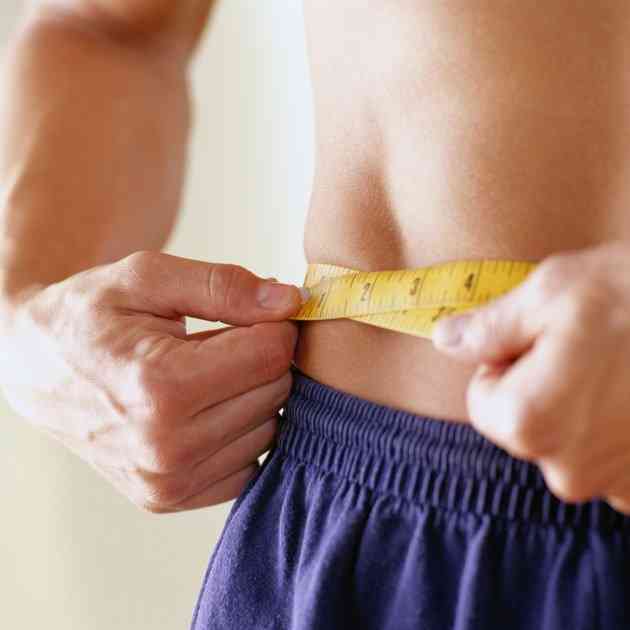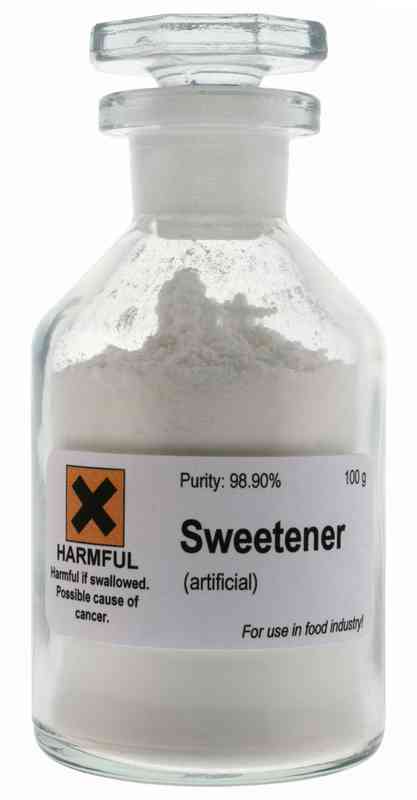Can You Lose Weight With Energy Drinks?

The energy-drink buzz might make you feel as though you're torching calories at warp speed, but these beverages are no quick fix for weight loss. In reality, the best way to lose weight is to reduce caloric intake and increase physical activity -- something that no food or drink can do for you.
 Energy Drinks (Image: Mauro Matacchione/iStock/Getty Images)
Energy Drinks (Image: Mauro Matacchione/iStock/Getty Images)A Slight Kick
 Woman looking at energy drink (Image: George Doyle/Stockbyte/Getty Images)
Woman looking at energy drink (Image: George Doyle/Stockbyte/Getty Images)Energy drinks do provide a slight metabolic boost -- meaning they speed up calorie burning -- because they contain caffeine. The effect is minimal, however, and Columbia Health reports that caffeine from energy drinks may cause you to burn fewer than 100 extra calories per day. For perspective, you need to burn 3,500 more calories than you eat to lose 1 pound of body fat. Relying on energy drinks alone, you'd need well over a month to accomplish this.
Sugar Content
 Man with measuring tape (Image: Duncan Smith/Photodisc/Getty Images)
Man with measuring tape (Image: Duncan Smith/Photodisc/Getty Images)Any calorie-burning boost will diminish quickly if you consume sugar-sweetened energy drinks. One major brand of energy drink contains 116 calories per 8-ounce can, most of which come from sugar. Adding these to your diet may result in weight gain, not loss -- particularly if you don't compensate with increased physical activity.
Diet-Beverage Data
 (Image: Zirafek/iStock/Getty Images)
(Image: Zirafek/iStock/Getty Images)Sugar-free energy drinks may contain as few as 12 calories per 8-ounce can, but that still doesn't mean they'll help you lose weight. Diet beverages have links to weight gain, according to NPR, possibly because of the way your body responds to them. These drinks contain artificial sweeteners that trick your body into releasing natural sugar-processing hormones. Over time, you may start to release fewer of these hormones, which may affect your appetite as well as blood-sugar management.
Energy-Drink Safety
 Woman unable to sleep (Image: 9nong/iStock/Getty Images)
Woman unable to sleep (Image: 9nong/iStock/Getty Images)Energy drinks sometimes cause side effects, mainly due to high caffeine content. Caffeine can cause jitteriness, sleeplessness, heart palpitations and other adverse reactions, especially in high doses. Energy drinks typically contain 80 to 100 milligrams of caffeine per 8-ounce serving; moderate caffeine intake is set at 200 to 300 milligrams of caffeine per day, according to MedlinePlus, so drinking more than two to three energy drinks daily isn't advisable. People who have low tolerance for caffeine may experience side effects from consuming just one energy drink.




